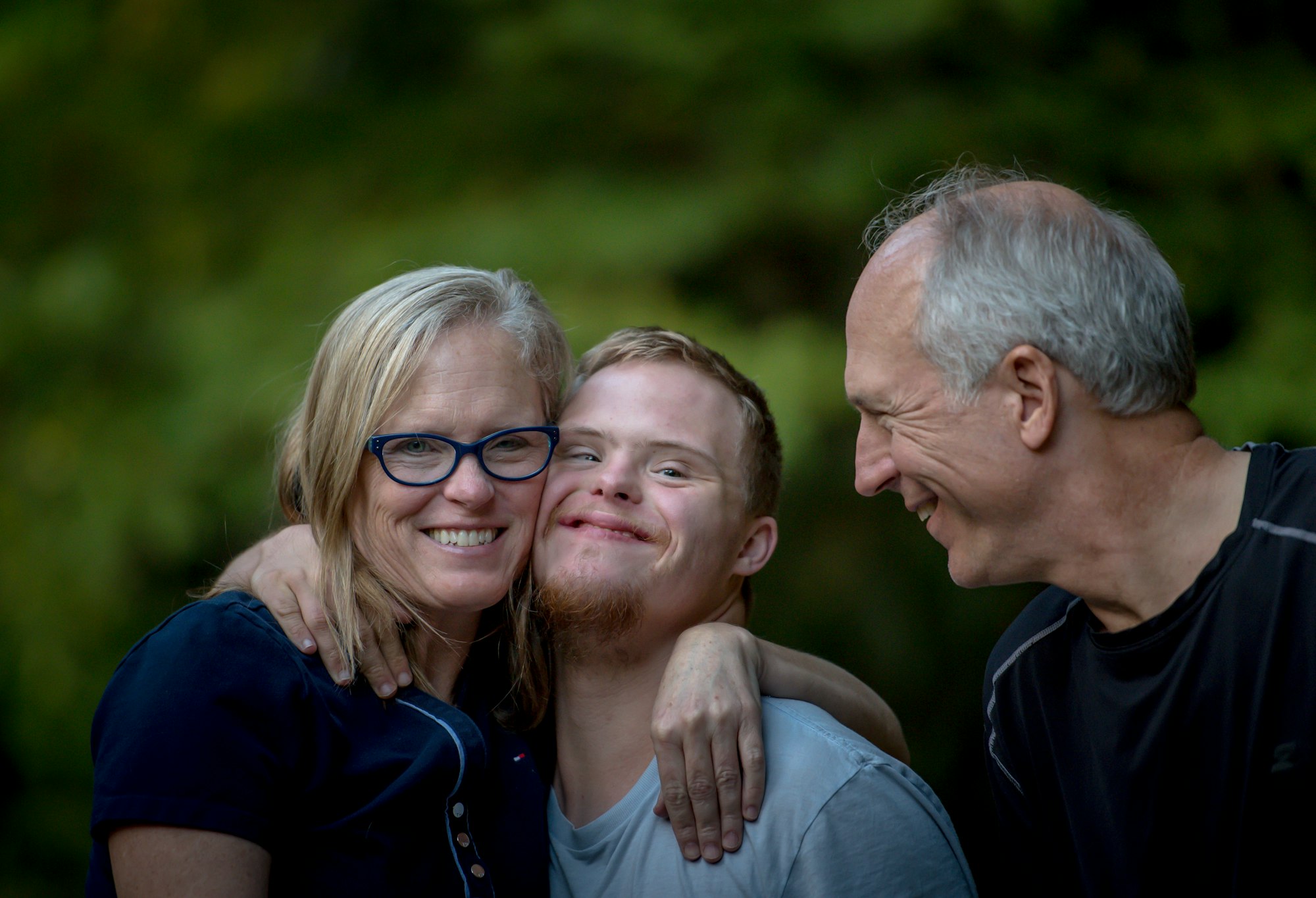Many NDIS participants prefer receiving support from familiar faces – their family members and close friends. This preference for family support services is completely natural, raising the common question: "Can I use my NDIS funding to pay family members for care?"
The short answer is no – in most cases, NDIS funding cannot be used to pay family members. While there are rare exceptions (which we'll cover below), the NDIS generally maintains strict guidelines around family member payments.
The difference between formal and informal support
What is formal support?
Formal support refers to professional services provided by qualified individuals or registered organisations outside your family circle.
These services are funded through schemes like the NDIS and include support workers who assist with daily living tasks like meal preparation, personal care, and household activities, as well as allied health professionals such as physiotherapists, occupational therapists, and speech pathologists.
What is informal support?
Informal support (also called unpaid support or family support services) is the natural assistance provided by family members and relatives, friends and personal networks, and community groups and volunteers.
During your NDIS planning meetings, your planner will ask about your existing informal support network. This helps identify gaps where formal support might be needed, while recognising that both types of support are essential for your wellbeing and independence.
Common examples of informal family support

Informal support is part of everyday family life and includes activities like assistance with personal care provided by family members at home, learning support from siblings using new communication devices or technology, transportation from friends to medical appointments, skill development assistance from community group members, and emotional support and companionship from your personal network.
These relationships are built on love, understanding, and established trust, making them invaluable to your overall support system.
Why doesn't the NDIS usually pay family members?
The National Disability Insurance Agency (NDIA) has established these restrictions for important reasons. Paying family members can potentially limit your ability to make independent decisions about your care, which contradicts core NDIS principles of participant empowerment.
Family payment arrangements can sometimes hinder the natural progression toward greater independence and may increase vulnerability to exploitation.
When family members have financial stakes in your care, it can create tension between their economic interests and your best interests.
Additionally, turning family caregiving into paid employment can strain personal relationships and reduce opportunities for natural family respite. The NDIA also aims to ensure all paid support meets professional standards and accountability measures.
What circumstances allow for informal support?

While uncommon, the NDIA may approve family member payments in specific situations. These include when there's risk of harm or neglect and family care is the safest option, when cultural practices or religious requirements necessitate family-based care, or when geographical isolation prevents access to other support services.
The NDIA may also consider family payment when you have strong views about privacy that family members can best respect, or when all other suitable options have been thoroughly explored and deemed inappropriate.
If a family member is approved as a paid support worker, it's important to note that they must meet the same standards as any other support worker, including NDIS registration requirements if you're agency-managed.
Alternative support options
Instead of family members, consider registered NDIS providers who can provide professional, trained support while offering your family natural respite opportunities.
Professional support workers can help develop your independence skills and maintain appropriate professional boundaries that family relationships might complicate.
Like Family is a registered NDIS provider specialising in respite support for primary carers, social and community participation programs, independence skill development, and relationship building opportunities.
Our rigorously vetted support workers hold NDIS Worker Screening Clearances and can be matched based on your location, age preferences, and specific support needs.
Making the right choice for your situation
While family support is incredibly valuable, professional support workers can complement your informal network by bringing specialised skills and training, providing objective professional perspectives, offering scheduled reliable support, and allowing family members to maintain their natural caring relationships without financial complications.
Ready to explore professional NDIS support options? Get in touch with us today and let us help you find the right support for your needs.

